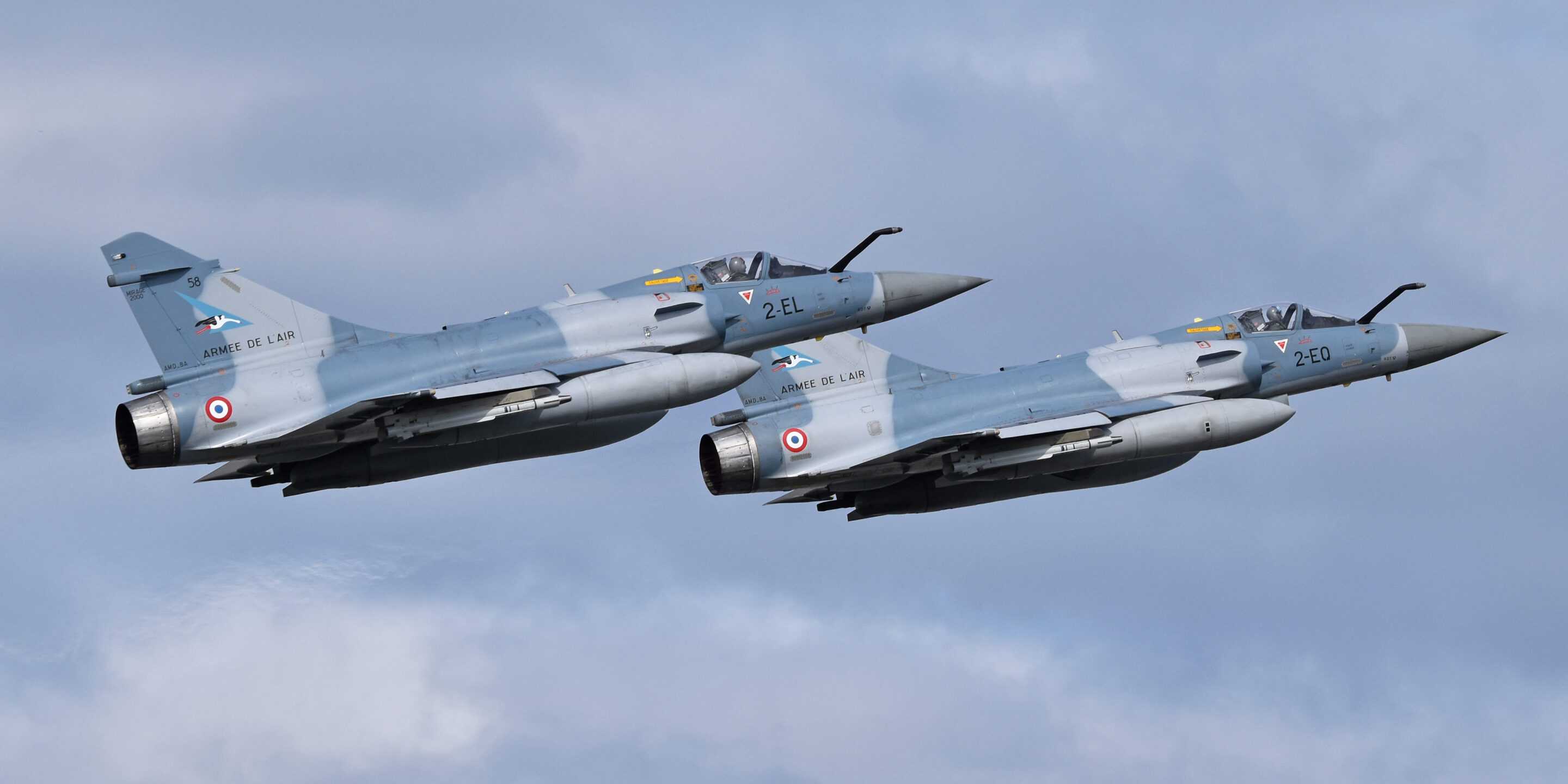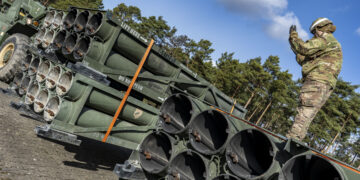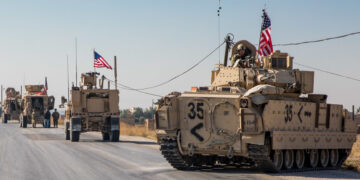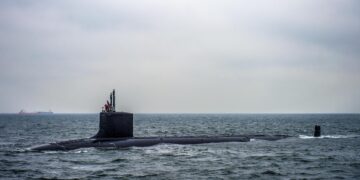
What is stopping China from invading Taiwan? In the past, it was overdetermined that Beijing would not use force to compel reunification. Not only did China lack the capabilities to execute a swift and decisive conquest of the island, but China’s leaders since 1979 used to believe that peaceful unification was both possible and vastly more preferable to military solutions. Today, however, the military balance of power has shifted decisively, enabling an amphibious invasion from a capabilities standpoint in the not-too-distant future, while prospects of peaceful unification have faded. As such, it is now something of a conventional wisdom that a Chinese invasion has become more likely than not.
We agree with these pessimistic assessments. Of course, no analyst can say with certainty when or why a war over Taiwan might be triggered. Those who project auras of inevitability are wrong to do so. But the changing geopolitical situation around Taiwan cannot be ignored. It is only because deterrence across the Taiwan Strait was strong that past crises over the island’s political status could unfold without causing an invasion. Now that deterrence has weakened, there are few if any guardrails to prevent current or future crises from escalating to become a full-blown war.
More on Asia

Featuring Dan Caldwell
July 13, 2025

By Jennifer Kavanagh and Dan Caldwell
July 9, 2025

Featuring Jennifer Kavanagh and Dan Caldwell
July 9, 2025

Featuring Lyle Goldstein
July 4, 2025





